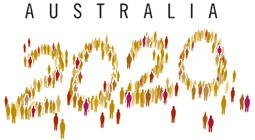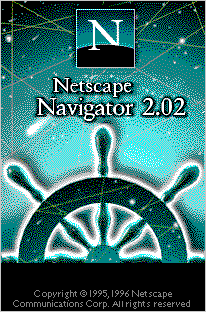PayPal (now owned by eBay) has made a mint from mashing up the concepts of money and communications. Originally they were about allowing you to email currency to whoever you wished, debited out of your credit card. These days, they offer a large number of related payment services, similar to other financial companies. However, I find it interesting to consider how similar the businesses of finance and telecommunications are to each other.
Coming from a telecomms background, I am most aware of that side of the fence. Telcos (and cellcos and cablecos etc.) offer credit or store a monetary balance for customers, and support very large volumes of real-time transactions, settling amongst multiple similar companies both nationally and overseas. They also send out bill statements, take money on behalf of others (e.g. when you make a 1-900 call), are highly regulated, and for some reason, no one trusts them. But apart from the operational and customer interface aspects of telcos having similarities to financial companies, there is another important aspect.
Both financial companies and telcos have a facilitating role in society and the economy. If either the financial system or the telecommunication networks collapsed tomorrow, it would be no exaggeration to say that civilisation as we know it would be threatened. However, of themselves, both of these industries do not actually generate the basic goods and services that we consider to make up our civilisation, whether they are music, news stories, furniture, clothing, food, or housing (to name a few). Some may be as harsh as to call these industries parasitic rather than facilitating.
Financial companies have their business in money, while telcos have their business in communication. Each of these simple concepts can be broken down into three main sub-components.
Money is not merely the notes and coins in your wallet. A monetary transaction is a combination of an amount (measured in terms such as US dollars, or grams of gold), a time period (measured in anything from seconds to years), and a risk (which is often not easily measured at all). These sub-components are not independent, and may not even have a single value. For example, your brother may be giving you $10 next week, but he may turn out to only give you $5 and owe you another $5 for the week after, or perhaps the full $10 may never appear. If you’ve ever calculated a NPV (Net Present Value) then you have attempted to incorporate amount, time and risk into a single number, although it is difficult to do this accurately for any but the simplest scenarios.
Similarly, I see a communication having three components, being distance, latency and fidelity. (This differs from the standard theoretical approach to defining a communications channel according to bit-rate, error-rate and latency, but this is too narrow for my purposes here.) A telco enables you to engage in a communication with one or more people, where you get to share some message or receive them from others. You could do this without a telco or technological assistance, but it would need to be face-to-face with the others. So, the first thing a telco enables is communication at a distance, perhaps within your city, or perhaps overseas. Telcos also, by necessity, introduce a certain amount of latency, perhaps less than 1 second, or perhaps several days if you end up leaving your message on someone’s voicemail. Lastly, telcos will provide a different level of fidelity than your average face-to-face conversation, where the communication could be only one-direction at a time versus bi-directional, there may be drop-outs, or the quality of the communication could be impaired through loss of high-frequencies or introduction of noise artifacts. As with the sub-components of money, the sub-components of communication are not independent, e.g. if the communication is occurring on a digital channel, then the bandwidth of the channel will most likely affect both latency and fidelity.
So, both finance companies and telcos deal in complex, multi-dimensional products (money and communication). And both improve the quality of life we experience, facilitating many of the things we do in society.
 We’re now telling people something we were denying before – that we’re expecting a baby. Kate’s 17 weeks pregnant, in fact. And the baby’s due around 10th September.
We’re now telling people something we were denying before – that we’re expecting a baby. Kate’s 17 weeks pregnant, in fact. And the baby’s due around 10th September.
 I’m wondering what I’ve been doing that I hadn’t come across
I’m wondering what I’ve been doing that I hadn’t come across 